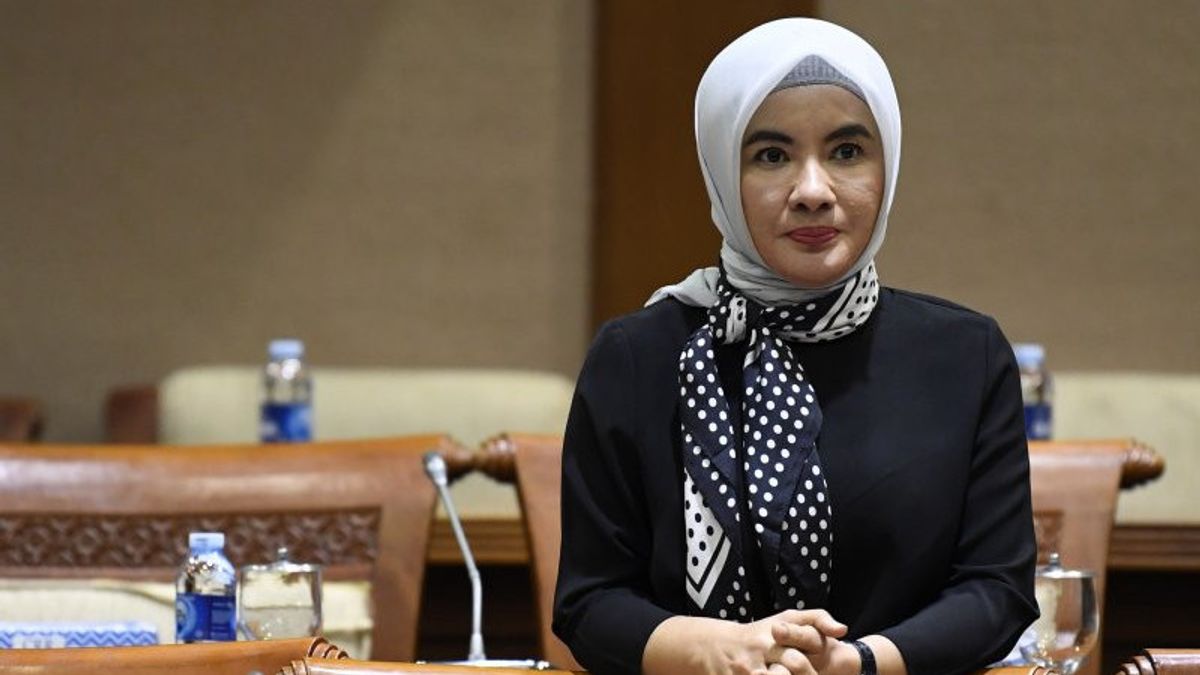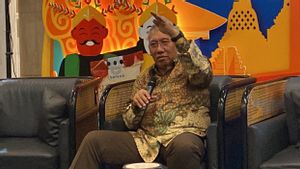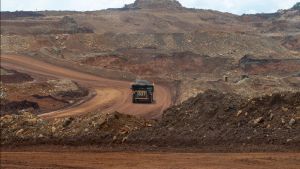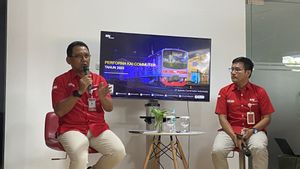JAKARTA - PT Pertamina (Persero) is exploring cooperation in the development of Rig-to-CCS with the Korea National Oil Corporation (KNOC).
The Rig-to-CCS is a technology development initiative to utilize an offshore oil and gas platform that is no longer used as a Carbon Capture Storage (CCS) facility.
The Rig-to-CCS development cooperation was carried out through the signing of a Joint Study Agreement by Pertamina President Director Nicke Widyawati and Korean President & CEO of National Oil Corporation (KNOC), Mr. Dong Sub Kim in Seoul, South Korea, Wednesday 10 January 2024.
Pertamina President Director Nicke Widyawati said the Rig-to-CCS development cooperation is Pertamina's commitment to reduce emissions and support the government's target of achieving Net Zero Emission (NZE) by 2060 or sooner.
"I really appreciate this collaboration. In addition to enriching the Carbon Capture & Storage (CCS) study, this collaboration also helps solve Indonesia's problems at the Abandment and Site Restoration (ASR) of offshore platforms," Nicke said in a statement to the media, Thursday, January 11.
According to Nicke, ASR is a challenge in itself with the large number of offshore oil and gas platforms that are no longer used after oil and gas production ends, after decades of use.
"The cost of ASR or conventional decommissioning is very expensive, so an alternative ASR solution is needed, especially reuse so that the implementation of the offshore platform ASR can be carried out in stages and efficiently," added Nicke.
Pertamina Senior Vice President Technology Innovation Oki Muraza added that apart from Rig-to-CCS, cooperation with KNOC can also develop to technology development in other low-carbon business (Low Carbon Business).
"Cooperation can be expanded for the development of Rig-to-Wind Farm, Rig-to-Fish-Farm (offshore fishery culture), as well as Rig-to-LNG-Terminal, to bring natural gas to locations that have not been reached by energy facilities," said Oki.
SEE ALSO:
Vice President of Corporate Communication Fadjar Djoko Santoso said Indonesia has a large potential for CO2 storage capacity so that it can put Indonesia standing at the forefront of the green industry era.
Indonesia is a pioneer in ASEAN in implementing CCS regulations and is ranked first in Asia according to the Global CCS Institute. CCS development requires large investment so that global cooperation is needed," said Fadjar.
The English, Chinese, Japanese, Arabic, and French versions are automatically generated by the AI. So there may still be inaccuracies in translating, please always see Indonesian as our main language. (system supported by DigitalSiber.id)












